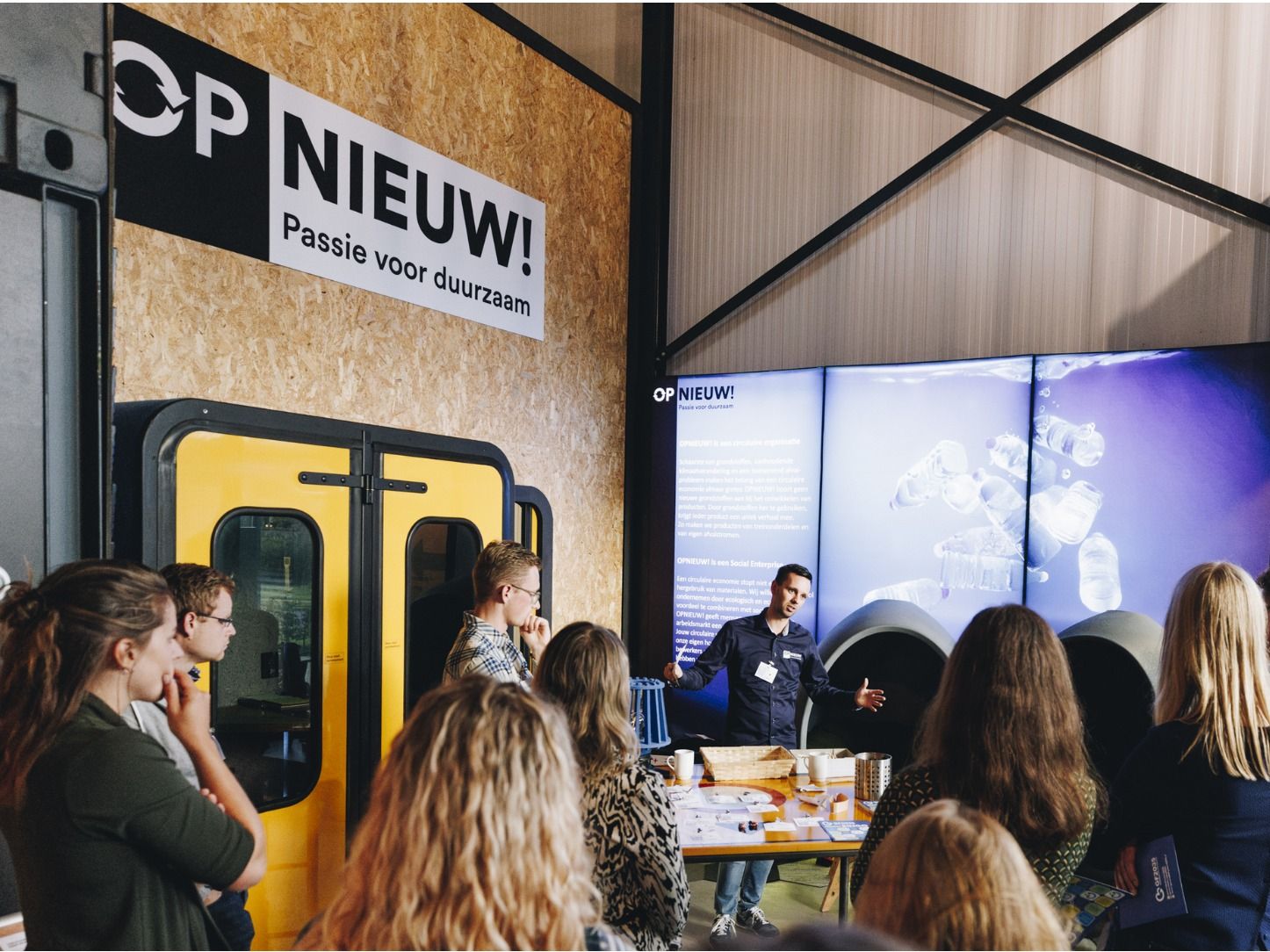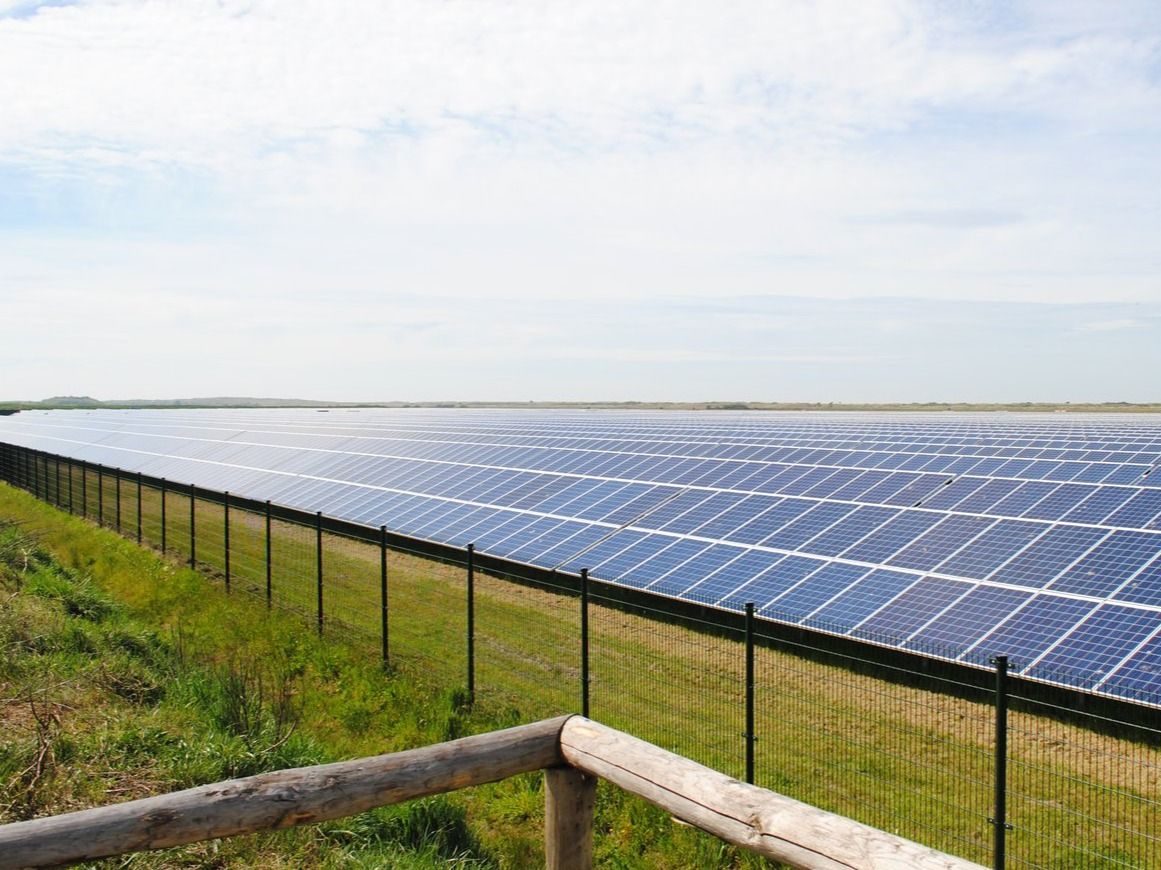Circular Jobs¶
The shift to a circular economy will reshape labour markets worldwide. Some jobs will evolve or disappear, while new ‘circular jobs’ will emerge. As businesses move away from the traditional take-make-waste model, workers will need new skills, and businesses must adapt to changing demands. But what exactly are circular jobs, and how can we ensure this transition benefits workers?
The circular economy is built on reusing materials and closing resource loops-processes that are often more labour-intensive than linear production. Activities like repairing, remanufacturing, and resource recovery require both manual and technical skills, from logistics and sorting to engineering and design. If managed well, the transition can create opportunities for workers across all skill levels.
This shift presents a chance to rethink not just material use but also labour markets. By focusing on quality jobs, inclusive workplaces, and continuous learning, we can ensure that workers thrive in a circular economy.
What is a Circular Job?
A circular job encompasses any occupation within circular economy sectors. These jobs either contribute directly to producing environmental outputs (such as conservation activities) or to establishing environmental processes, like waste minimisation and resource efficiency within organisations.
Circular jobs are typically classified as direct or indirect. Direct circular jobs support core circular economy strategies, including repair, refurbishment, recycling, and waste management. Indirect circular jobs facilitate the circular economy through services such as logistics, information-sharing, and public sector initiatives that enable or regulate core circular activities.
In Friesland around 4% (13 280) of total jobs can be classified as directly circular.[1] In this analysis no further refining to include indirect jobs or sector level classification is possible.[2] Circular jobs in the Netherlands are approximately 3% of jobs nationally [3], therefore Friesland is above the national average.
Explore the Blue Delta Monitor to view broad economic dimensions of the Frisian Economy.


OPNIEUW!: Building a Circular Future Through People, Purpose, and Reuse
OPNIEUW! is redefining circular entrepreneurship in Friesland through hands-on collaboration and social impact. Founded on the belief that business should serve both people and the planet, it transforms discarded materials into high-quality furniture while providing meaningful work opportunities. Rooted in trust and community, OPNIEUW! has grown from a bold idea into a market leader, proving that circularity is not just about reuse—it’s about creating value through inclusion, innovation, and long-term vision.
Read moreImproving circular jobs
Friesland is already home to many circular jobs.
Friesland is already home to many circular jobs. Shifting the economy further towards more jobs directly contributing to a circular economy requires further actions such as:
- Investing in skills development and training for both existing workers and new job seekers, with a focus on skills needed in circular activities like repair, remanufacturing, and resource recovery. This will ensure that the workforce is prepared for the increasing demand for these roles.
- Promoting circular job creation in key sectors, such as recycling, waste management, and product refurbishment, by incentivising businesses to adopt circular economy practices and create sustainable job opportunities within these areas.
- Fostering innovation in digital technologies to support circular practices like resource tracking and product lifecycle management, helping to integrate technology into the circular economy and creating new, tech-based job opportunities for the future workforce.
Data sources from PWR Fryslân from the year 2023
Data available outlined only direct jobs which cannot be split into NACE sector categories usually used in the circular jobs calculation.
Using 5 digit SBI data from https://
www .cbs .nl /nl -nl /maatwerk /2021 /45 /werknemers -en -bedrijven -naar -sbi -code -leeftijd -en -veiligheidsregio -2020. Note that this data is from 2020 and only considers people living in the Netherlands and does not include self-employed persons.
